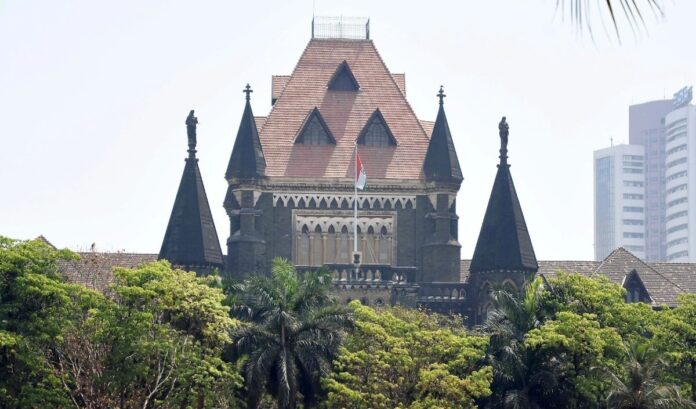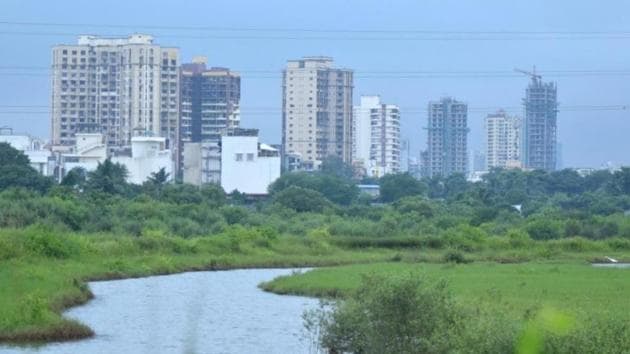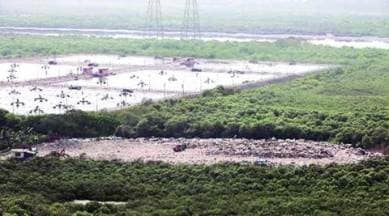Maharashtra wetlands preservation has gained renewed focus as the Bombay High Court steps in to implement the Supreme Court’s directive to protect over 2.31 lakh wetlands across India. The High Court has initiated actions to ensure proper identification, demarcation, and conservation of wetlands, emphasizing their critical ecological role in the state.
Supreme Court’s Landmark Wetlands Directive
The Supreme Court’s December 2024 order mandated all states to demarcate wetlands larger than 2.25 hectares within three months. This directive granted these wetlands legal protection and emphasized immediate action to address the neglect in identifying and managing these vital ecosystems.
Key Findings By The Supreme Court:
- Rising Wetland Numbers: Indian Space Research Organisation (ISRO) data revealed an increase in wetlands, from 2,01,503 in 2017 to 2,31,195 in 2021.
- Neglect By States: Most states, except Punjab, failed to identify and demarcate wetlands adequately.
- Ground Truthing Requirement: On-site verification of wetlands, known as ground truthing, was identified as a critical next step.
Bombay High Court’s Proactive Measures
In response to the Supreme Court’s directive, the Bombay High Court has initiated significant steps to safeguard wetlands in Maharashtra:
Appointment Of Amicus Curiae
The court appointed Advocate Janak Dwarkadas as Amicus Curiae (friend of the court) to assist in preparing a detailed report on the issues requiring adjudication.
Issuance Of Notices
Notices were issued to:
- The Centre and Union Environment Ministry
- The Maharashtra Government and State Wetlands Authority
- State departments overseeing forests, environment, and revenue
Scheduled Monitoring
The High Court is set to hear the suo motu petition on February 25, ensuring consistent judicial oversight of wetland conservation efforts in the state.
Why Wetlands Are Critical For Maharashtra?
Wetlands play an essential role in maintaining ecological balance, particularly in a diverse state like Maharashtra.
- Flood Mitigation: Wetlands absorb excess rainwater, reducing flood risks.
- Biodiversity: They are home to a wide variety of flora and fauna, including endangered species.
- Water Quality: Wetlands act as natural filters, removing pollutants and maintaining clean water supplies.
- Climate Regulation: These ecosystems store carbon dioxide, helping to combat climate change.
Key wetlands in Maharashtra, such as Thane Creek Flamingo Sanctuary, Powai Lake, and Lonar Crater Lake, are invaluable for their ecological and economic contributions.
Challenges Hindering Wetland Conservation
Despite their importance, wetlands in Maharashtra face numerous challenges:
- Encroachment: Rapid urbanization has led to the destruction of wetlands for infrastructure development.
- Pollution: Industrial waste, untreated sewage, and garbage dumping degrade these ecosystems.
- Weak Enforcement: Despite legal provisions, enforcement remains inconsistent, allowing violations to persist.
- Lack Of Identification: Many wetlands remain unmarked, leaving them vulnerable to destruction.
Importance Of Ground Truthing And Demarcation
The Supreme Court’s emphasis on ground truthing highlights its importance in wetland conservation.
- Accurate Identification: On-site inspections ensure wetlands are correctly mapped and classified.
- Boundary Marking: Demarcation prevents encroachment and provides a legal framework for protection.
- Actionable Data: Verified information supports effective policy-making and management strategies.
India’s Approach To Wetlands Conservation
India has established several laws and rules to protect wetlands, but their implementation remains a challenge.
Wetlands (Conservation And Management) Rules, 2017
These rules provide a framework for the identification, notification, and management of wetlands.
State Of Implementation
- Many states, including Maharashtra, have lagged in implementing these guidelines.
- Insufficient resources and coordination among departments hinder progress.
Bombay High Court’s Role In Shaping Conservation Efforts
By taking proactive steps to monitor and enforce wetland preservation, the Bombay High Court is setting a precedent for robust environmental governance:
- Ensuring Accountability: The court’s intervention compels state authorities to act on the Supreme Court’s directives.
- Fostering Transparency: Regular monitoring promotes transparency in conservation efforts.
- Creating Awareness: Judicial actions bring attention to the importance of wetlands and the need for their protection.
A Multi-Pronged Approach To Wetland Conservation
To protect Maharashtra’s wetlands effectively, a multi-faceted strategy is essential:
Strengthening Legal Frameworks
- Update existing laws to address current challenges.
- Impose stricter penalties for violations.
Enhanced Ground Truthing Efforts
- Deploy dedicated teams and leverage technology like GIS for accurate mapping.
Community Involvement
- Educate local communities about the ecological and economic value of wetlands.
- Encourage community-led conservation initiatives.
Interdepartmental Coordination
- Streamline efforts between environment, forest, and revenue departments for cohesive action.
Regular Monitoring And Audits
- Conduct periodic reviews to assess the condition and management of wetlands.
Global Perspectives On Wetland Conservation
India can draw inspiration from global efforts to protect wetlands:
- Ramsar Convention: An international treaty for the conservation and sustainable use of wetlands. India is a signatory and has designated several Ramsar sites.
- Best Practices: Countries like the Netherlands and Canada have implemented effective wetland management programs, balancing development and conservation.
The Road Ahead For Maharashtra’s Wetlands
The Bombay High Court’s intervention marks a critical step toward preserving Maharashtra’s wetlands. However, achieving long-term success will require sustained efforts from government agencies, judiciary, and local communities.
By prioritizing the protection of these ecosystems, Maharashtra can not only safeguard its environment but also ensure a sustainable future for its residents.




